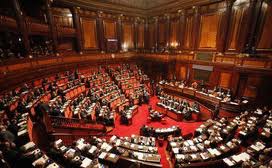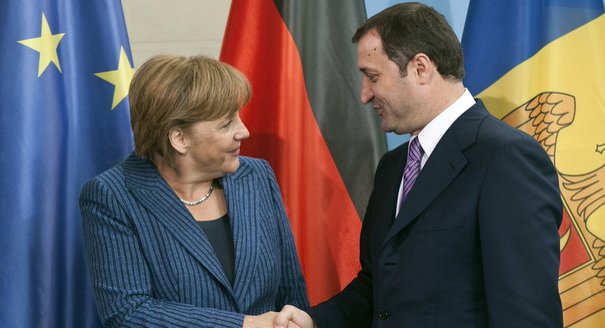
A democratic case for the free market?
Democracy is morally prior to the economy. The structure of the economy is something a sovereign people may and should design and redesign to secure its common good – that is, the shared interest of each and every citizen in life, liberty and economic opportunity. This is the basic premise of the ‘Democratic Wealth’ series that I have the pleasure of editing. This is, however, by no means an uncontroversial premise.

The Commercial Republic: A contradiction in terms?
Republican thinking today relies heavily on a classical conception of citizenship. Can this ever be compatible with modern commercial society?
If there are resources in republicanism for re-thinking the contemporary economic order, it might be worth turning to a republican thinker who wrote on the topic of political economy. Jean-Jacques Rousseau in “A Discourse on Political Economy” articulated a key worry now held by various groups today, including the Occupy movement, dissatisfied with existing political responses on poverty, education, health care and economic opportunity.

Democratic wealth: Exploring ideas for a citizens’ economy
Could republicanism provide the model for a political economy that belongs to us all and works for the common good? OurKingdom and Politics in Spires’ new series explores this question, introduced here by its editor.
The past two decades or so have seen a renewal of interest within academic political theory in something, or some things, called ‘republicanism’. As a tradition (or set of traditions) within political theory, republicanism is not going to give us a direct handle on, say, the details of monetary and fiscal policy. But it can perhaps provide a constructive basis for thinking about what we fundamentally want from an economic order and about some of the institutions or approaches that will promote these goals.

Deepening Democracy in Europe: Participatory budgeting is a solution to the austerity vs democracy conundrum
In its mission statement the Global Commission on Elections, Democracy and Security points out that while elections are vital to democracy, on their own they are not sufficient. According to, “Deepening Democracy”, a recent report, elections also need integrity. They are right. But elections are insufficient in at least another respect too. Democracy is not limited to casting a ballot once every four or five years; the nature of democratic government also manifests itself in the period between elections. This is best exemplified by the current sovereign debt crisis in the Eurozone.

The Crisis of the Italian Second Republic: In a right mess, but are the alternatives any better?
History, as Marx taught us, likes to repeat itself: the first time in the form of a tragedy; the second, a farce. What may be unique about Italy, though, is it’s often hard to distinguish between the two. This is a country where the situation is often tragic but never serious.

What Do We Owe to Each Other? Welfare, Conditionality and the Left
Barely a week passes these days in the UK without a new story and controversy over the Coalition government’s changes and cuts to welfare. One controversial feature is what policy wonks call ‘conditionality’: making eligibility conditional on some prescribed activity (usually) related to work. Most controversial is ‘workfare’: requirements that benefit recipients work full-time while receiving benefits rather than a wage. Many have compared workfare, in this sense, to slavery.

Moldova: At the Crossroads between Russia and the European Union
On August 22, 2012, German Chancellor Angela Merkel conducted an important one-day visit to Moldova to celebrate 20 years of German-Moldovan cooperation. Some of the key topics of discussion during her visit were a potential resolution of the Transnistrian conflict, triggered by the self-proclaimed independence of this Moldovan region in 1990 and suspended by the 1992 ceasefire, as well as Moldova’s integration into the European Union (EU). Indicative of the importance of this visit was the fact that the German Chancellor took part in the visit personally, rather than sending a lower ranking representative to address her Moldovan counterpart. Most commentators who have analyzed Merkel’s visit have played down its importance, arguing it merely represents a strengthened effort to resolve …

Spain: Time for more structural reform
Spain has now been in recession for almost five years, and has had to face challenges and tackle each of them in very different ways. In the beginning, the concern with national public spending, led to severe budget cuts in 2011 and 2012. Later, the need to reform the labour market emerged in order make it more flexible and competitive, prompting a general strike in March of this year. A few months ago doubts about the health of the Spanish financial system surfaced. Would Spain be capable of recapitalising its banks without putting its overall solvency at risk? European partners stepped in and structured a bailout of Spanish banks that attempted to de-couple financial and sovereign risk. Today we read …









